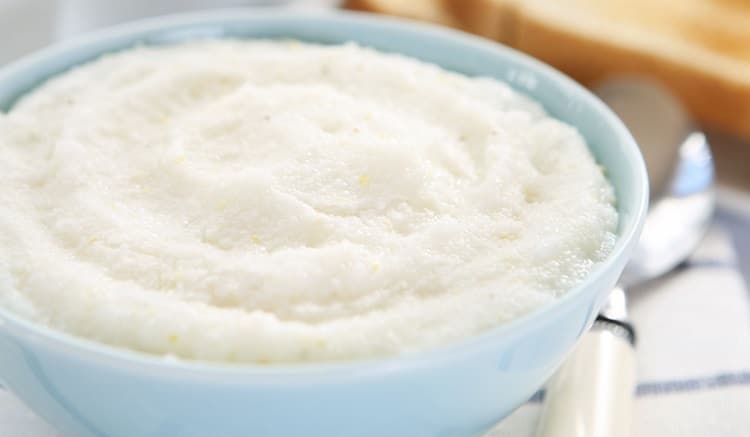What are grits?
Grits are one of the best dishes typically served during breakfast. They are creamy, thick porridge made of corn eaten with hot water or milk. For any person with no underlying health conditions, grits are healthier than most other popular breakfast choices than pancakes and waffles. However, how safe is it for diabetes?
Carbohydrates concern
Grits are high in carbohydrates. Half a cup of grits has 38.7 grams of carbs. As we all know, consumption of carbohydrate-rich foods can cause a spike in blood sugar levels.
If you have diabetes, you should avoid grits or have them in moderation under medical supervision. When eating this food, balance it with protein and fat. Adding fiber-rich foods is also necessary when eating grits. This way, you can ensure that your blood sugar levels remain normal.
Types of grits
The processing methods of grits can also affect your blood sugar. The preparation of this food can make a big difference to your blood glucose levels. Knowing which type has more fiber can help you prevent diabetes attacks. The following are your best choices:
- Hominy – This type comes from the kernels of the corn soaked in an alkaline solution. The solution removes the outer shell and the germs from the kernels.
- Stone-ground – This type is the best if you have diabetes. It is made from whole corn, finely and coarsely ground.
- Regular, instant, or quick – These are ground kernels processed to remove the corn’s outer shell and germ.
Among these types, the stone ground is your best bet. It contains more fiber than other types, making it extra safe if you have varying blood sugar levels.
The nutritional profile of grits
The following describes the nutritional value of a half cup of grits according to the nutrients:
- Calories – 175
- Carbohydrates – 38.7 grams
- Protein – 7 grams
- Fat – 6 grams
- Fiber – 2 grams
Grits also contain a lot of vitamins and minerals. These are as follows:
- Niacin
- Riboflavin
- Thiamine
- Folate
- Vitamin B6
- Iron
- Zinc
- Phosphorus
- Magnesium
Although the abundance of benefits is evident in grits, you cannot ignore the presence of high carbohydrates. Although grits come from a nutritious vegetable, remember that corn is still starchy.
Glycemic index
The glycemic index of grits can vary. It is mainly because of how the food is processed differently. The GI score of regular, instant, or quick grits is 69, which is very high. It is because of the removal of germs from the outer shell. Meanwhile, the stone-ground type has a GI score of 5 since it is prepared coarsely.
Takeaway
If your blood sugar levels vary, ask your doctor first if adding grits to your daily diet is advisable. If not, continue with your regular diet and do not add anything unless your doctor advises you. Grits are enjoyable only if you eat them in moderation. If your doctor approves you of eating grits, pair them with healthy and low-carb ingredients.


